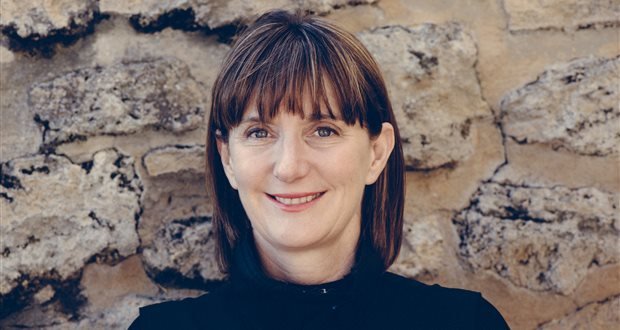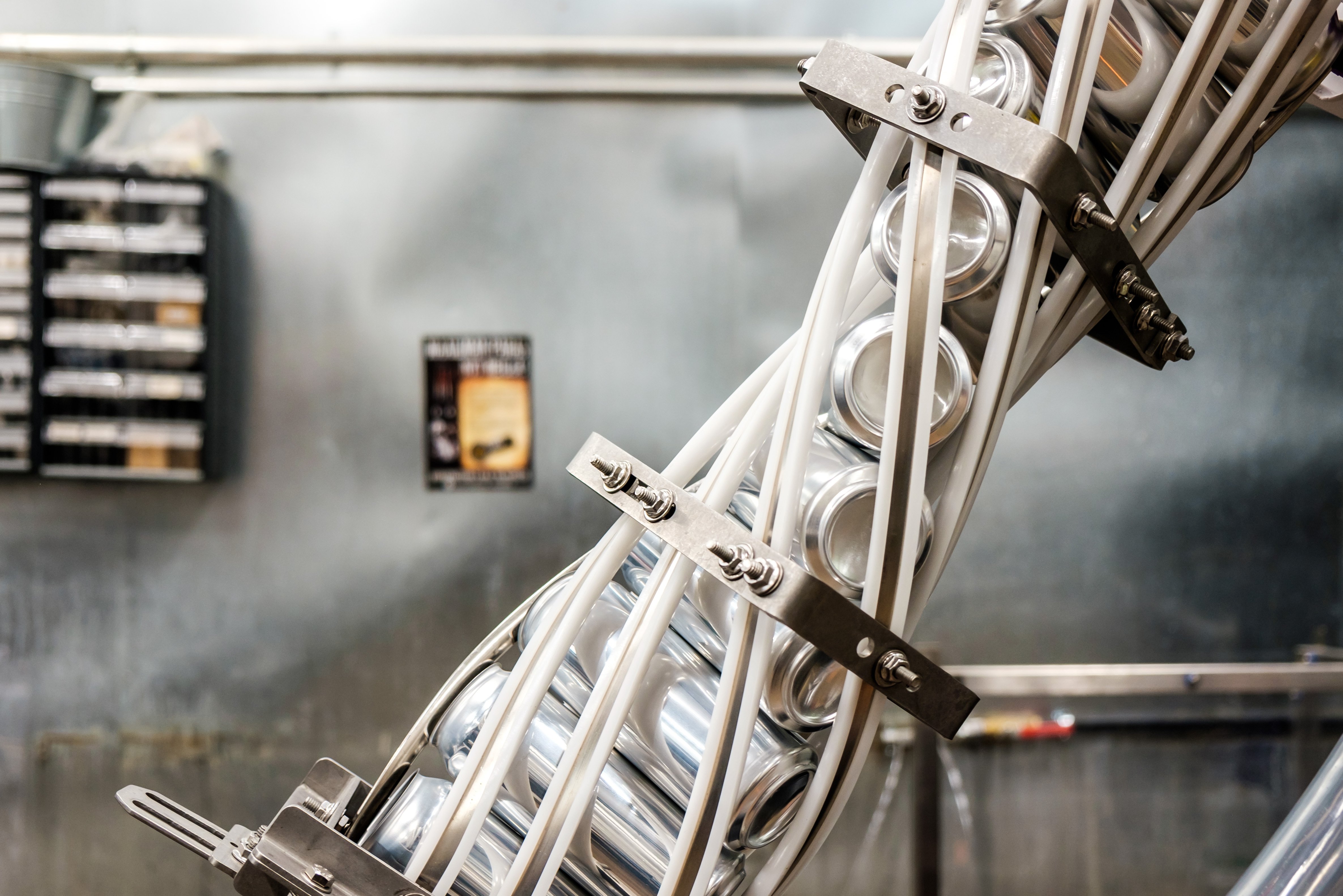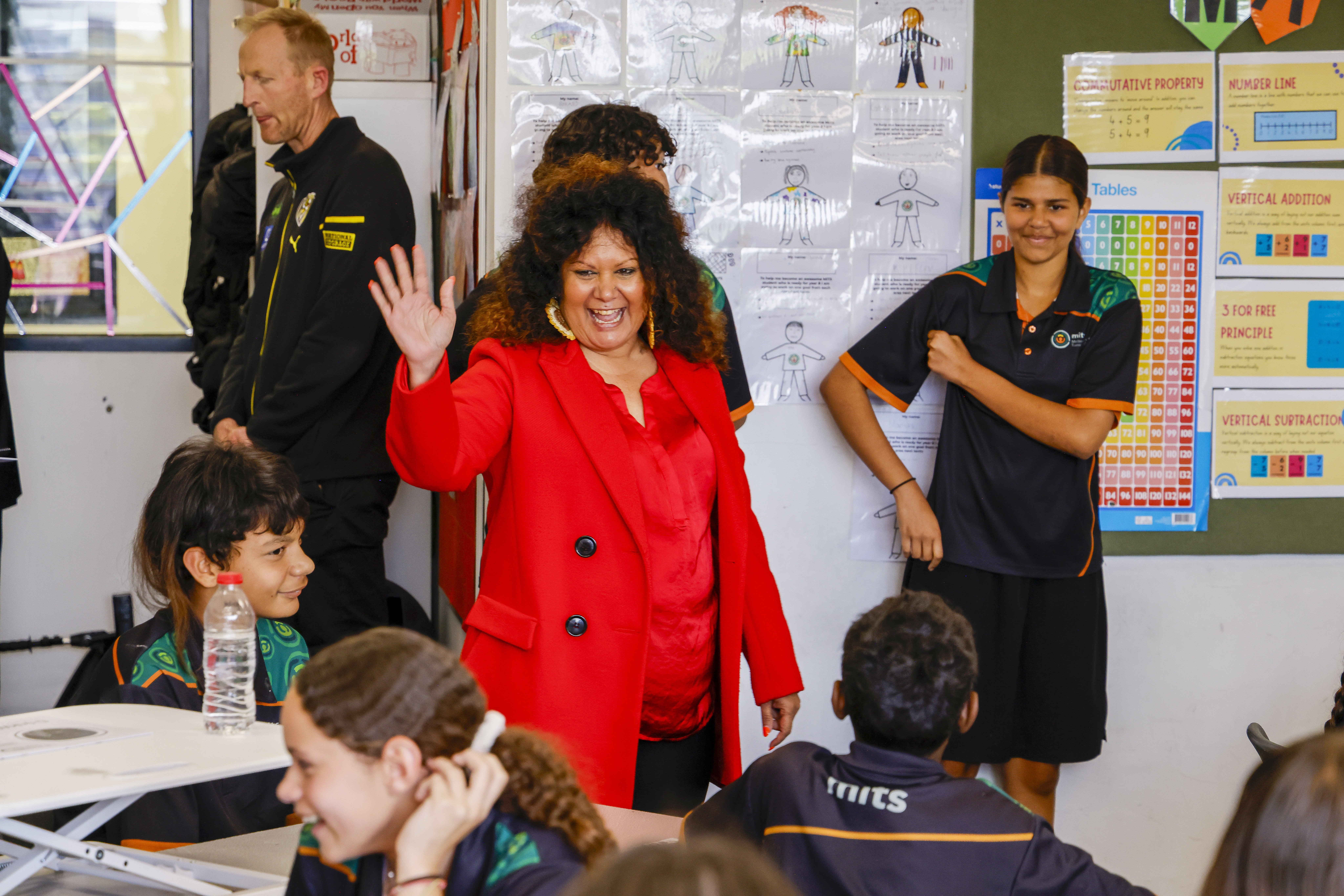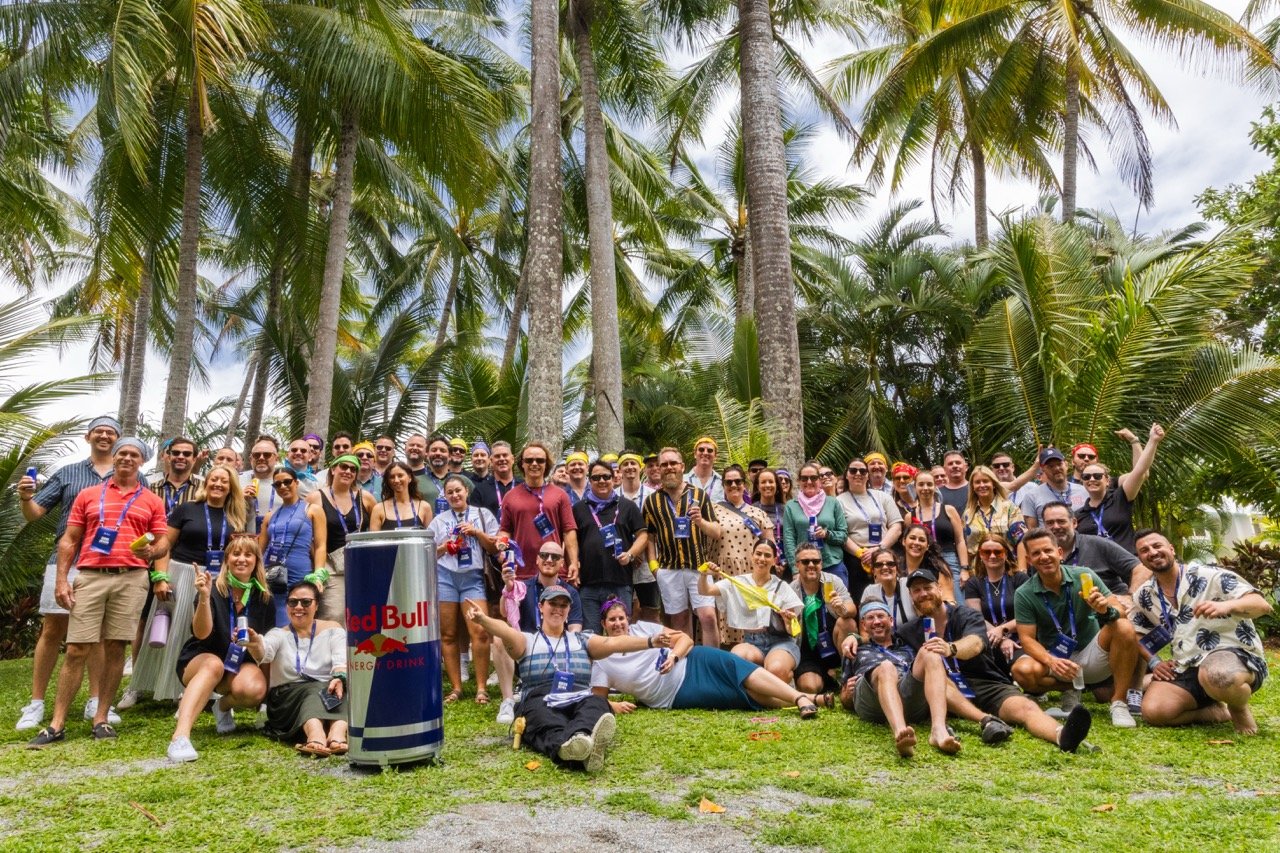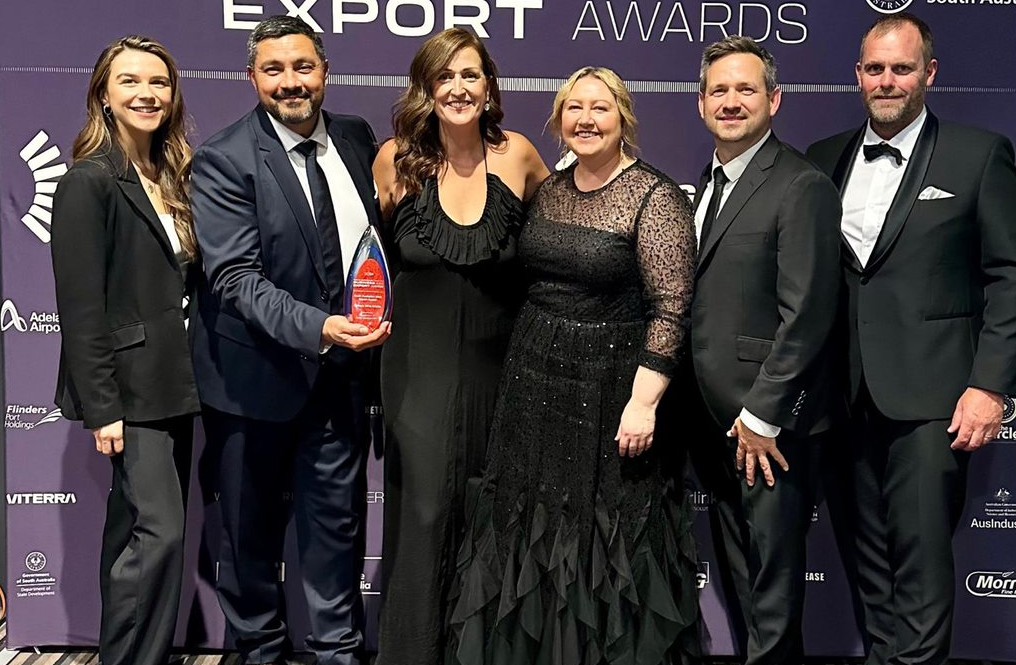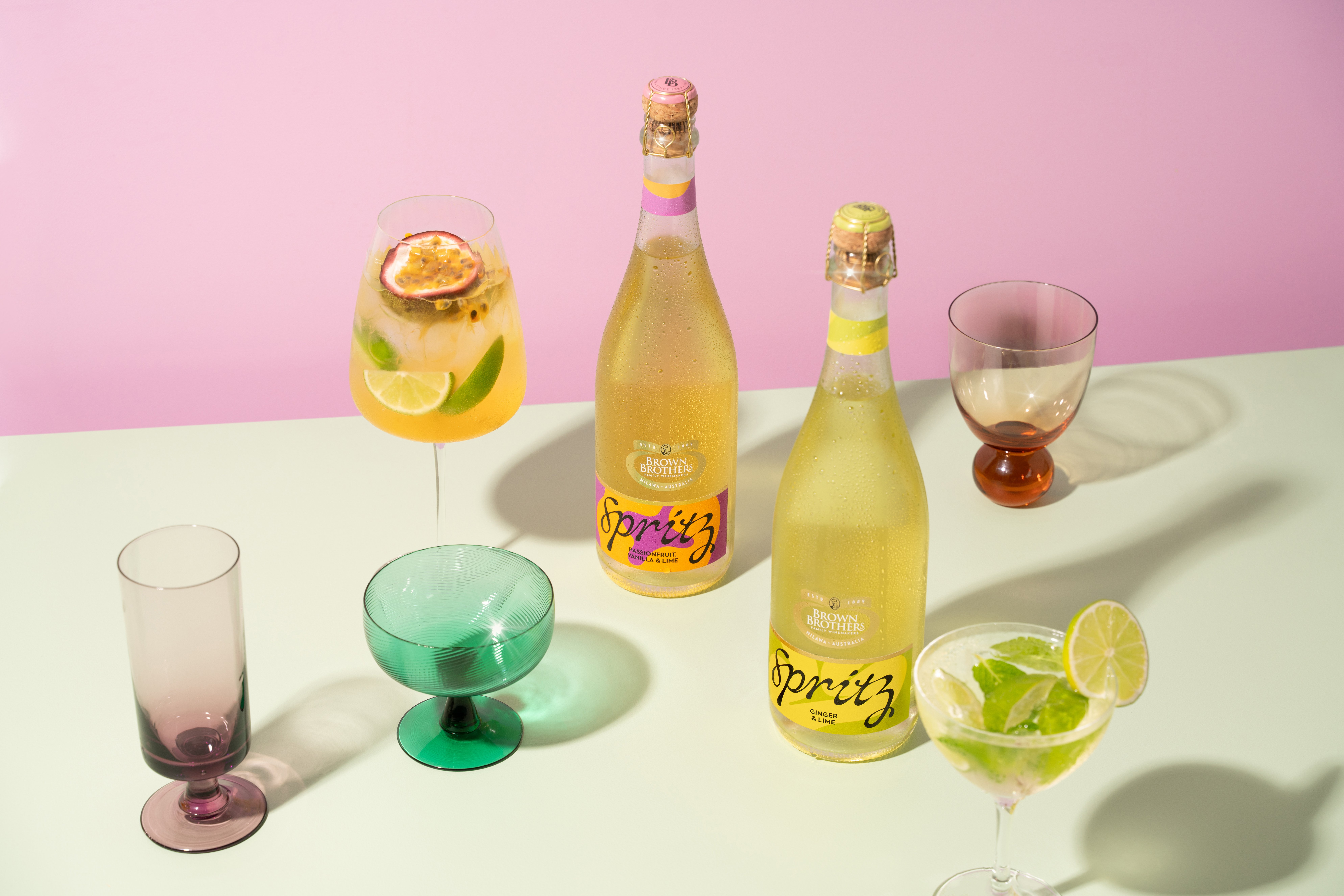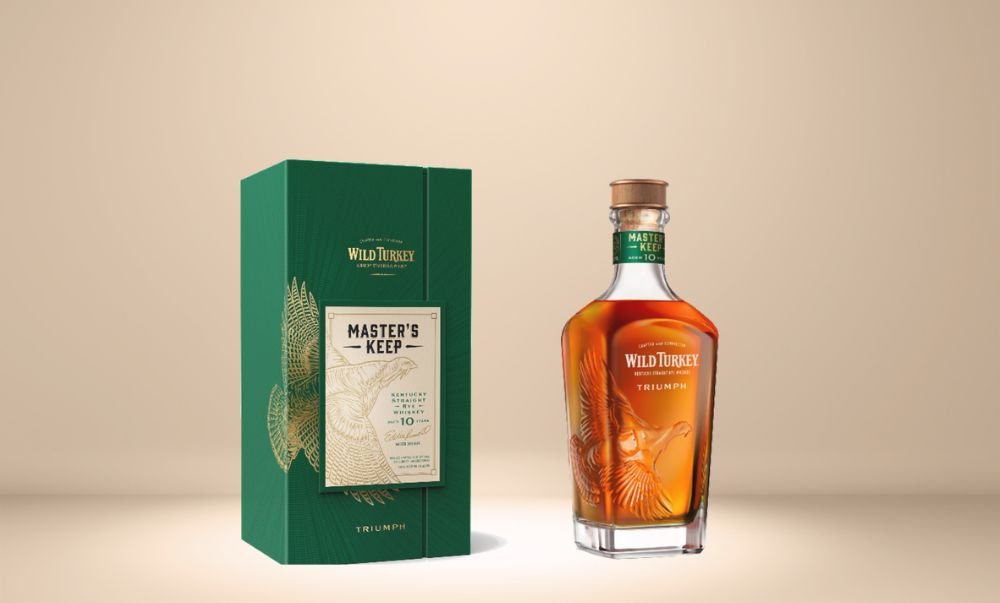Sue Hodder, Woman of Inspiration Award recipient at the 2017 Australian Women in Wine Awards, talks to Ray Ruano about being part of the Wynns Coonawarra Estate’s legacy and the importance of sustainability in wine.
This year, marks Sue Hodder's 25th vintage with Wynns, where she has played a key role into some of the best and most popular wines in Australia.
Throughout her career, Hodder has judged 50+ wine competitions and is the current chief judge of the Royal Adelaide Wine Show and a member of the Coonawarra Vignerons Association.
In 2010, she was named Gourmet Traveller Wine Magazine Winemaker of the Year with Wynns viticulturist, Allen Jenkins.
And she believes that nurturing a winemaking team is every bit as important as tending the grapes on the vine.
Becoming a winemaker
Born and raised in the red soil landscape of Central Australia, in the town of Alice Springs, Hodder says she feels privileged to have come ‘from one red centre to another.'
As a child, Hodder developed an interested in everything agricultural, from growing things to raising animals.
When asked what inspired her to become a winemaker, she said: “I love all things agricultural and especially the end product, in this case. “On a practical note, I needed the money to go overseas.
She shared that she always wanted to pursue a career in applied science, so she moved south to attend Roseworthy Agricultural (and Oenology) College which is now part of Adelaide University.
“I love wine, the seasons, the vineyards and the marketplace. Winemaking offers an opportunity to interact with all of it.” Hodder recently told told Wine Australia.
Scottish pioneer John Riddoch noticed the fertility of the land in Coonawarra and by 1896 had planted and completed the winery.
Wynns Coonawarra Estate was born in 1951 when Samuel and David Wynn, recognised the potential of region and bought the vineyards and winery.
“Coonawarra has fantastic soil, the terra rossa and a southerly mostly, mild climate—the combination of the two factors is unique and great for the growing of wonderful red grapes,” said Hodder. “However, it is the local community that I value the most. We live and work in the small town and share so much.”
Today, Wynns is known as the region’s most distinguished wine producer while its wines are regarded as benchmarks for the district.
While Hodder values the importance of an unique region and community, she noted that having the committed team to represent Wynns for generations to come is vital.
“I work with positive and very talented people, who as the current custodians of Wynns Coonawarra Estate, [and] are determined to respect and build on the hard work of previous generations, whilst innovating and planting for the future.” Hodder said.
She shared that one must always recognise the human element of terroir as it is very satisfying to watch people grow in concert with the vines.
”The legacy is profound when considering the isolation, challenging climate, and early social attitudes.” Hodder said.
Life as a winemaker
Long before she became Senior Winemaker at Wynns Coonawarra Estate, Hodder began her wine career as a viticulturist. She believes that her early viticultural training gave her an invaluable insight into the significance of vineyard in quality winemaking.
“I am one representative of an iconic Australian wine label,’ said Hodder. “[Awards] that have been awarded to our team at Wynns have certainly been appreciated, especially those from our peers.
Hodder shared one important aspect of her job which might surprise others.
“The nicest things about Wynns is the affection for the label. I love to hear the anecdotes about people’s experiences in drinking the Wynns wines in different occasions. Younger people are now starting to collect the wines and that is so interesting and rewarding to me.”
While Hodder enjoys hearing about the experiences of people with Wynns’ wines, she recalled her most memorable wine experience which was the 1954 Wynns Cabernet in the 50 year vertical tasting in 2004.
“This tasting opened my eyes, and gave me confidence in the longevity of our wines, and in pushing boundaries and innovating to grow fruit with ripe flavours and fine tannins at lower Baume.” Hodder said.
This was a true career highlight as she had the opportunity to taste a 60 year vertical of this important wine in Wynns history.
A new era at Wynns
When Hodder was promoted to chief winemaker in 1992, she inherited an old, dying vineyards.
However, with the help of newly appointed viticulturalist Allen Jenkins, she revolutionised Wynns.
“When Allen arrived, I think he was shocked at [the state of] these beautiful old vineyards, and we had to work out how to rejuvenate the old vines.” Hodder said.
They effectively reconstructed the region’s vineyards and gave birth to a new era at Wynns Coonawarra Estate.
Sustainability in wine
Like most winemakers, Hodder shared that the biggest challenge is climate change and its consequences.
“Sustainability underpins everything we do. It relates to the growing environment, the footprint we leave, the wines we make and of course our brand.” Hodder told Wine Australia.
Hodder believes in the importance of adapting Coonawarra regional wines to changing growing conditions.
In the last few years, droughts have prompted the team to adopt more sustainable viticultural methods.
“[This includes] precise soil moisture management and greater attention to vine health.” Hodder explained.”The hard work being done now, despite uncertain climatic times, will ensure the future survival of these vineyards.”
She noted that the modification of Wynns’ practices will ensure the survival of its vineyards for decades to come.
“Over that past decade, we’ve seen our coldest, warmest, wettest, and driest years in the past 60.” Hodder said.
For more information about Wynns Coonawarra Estate, click here.
Share the content
